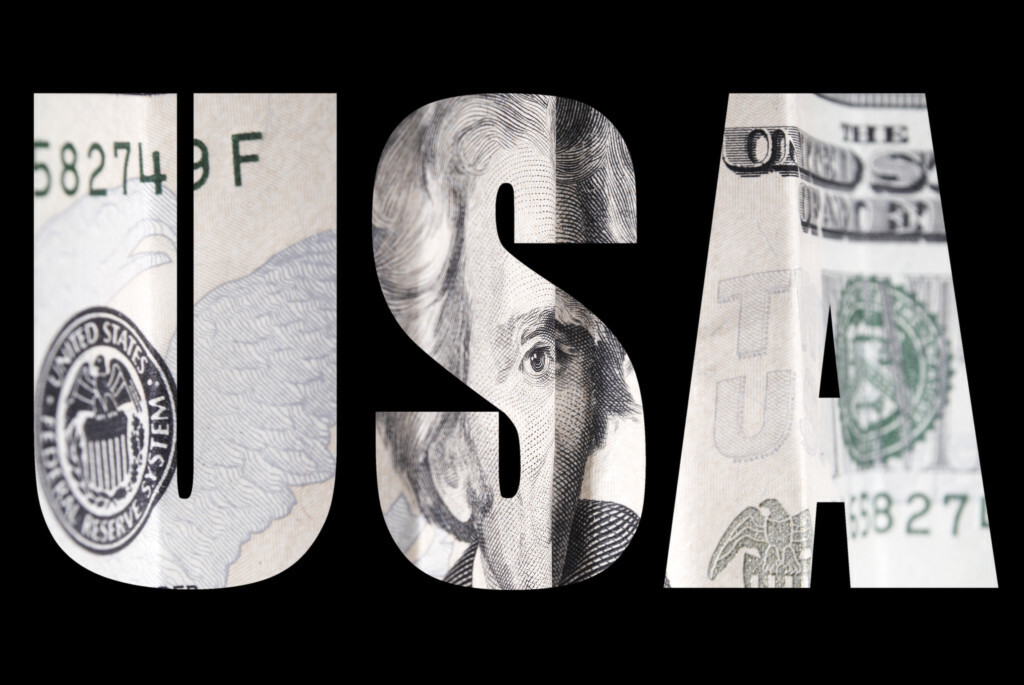
Here’s what you need to know about government grants for small businesses, who is eligible to receive them, and how to go about getting them.
We’ve all seen the late night TV commercials targeted at entrepreneurs touting “free money from Uncle Sam”. Unfortunately, for the most part, there is no such thing.
I say “for the most part” because government grants for small businesses do exist, but the opportunity to secure one is limited to a narrow field of candidates.
What grants are available?
Before diving into the types of government grants available to small businesses, let’s start by establishing what the government does not provide grants for.
The federal government doesn’t provide grants for any of the following activities:
- Starting and expanding a business
- Paying off debt
- Covering operational expenses
However—and here’s the twist—the federal government does award grants to small businesses in certain fields and industries (for example, scientific, environmental, and medical research). The Small Business Innovation Research (SBIR) program, for example, is one of the most lucrative sources of federal grants for high-tech startups or high-growth firms (more on SBIR below).
The reason why federal grants are largely off-limits to small businesses is that they are funded by our tax dollars and appropriated through Congress and The White House. Fund allocations are tightly controlled and only awarded to business endeavors that are closely tied to the agenda of a particular government agency, such as the U.S. Department of Agriculture or the U.S. Department of Energy.
Outside Washington, things don’t get much better. Although some state and local government agencies do award small business grants—which they often call “discretionary inventive grants”—these state grants are also closely aligned to agency objectives and tend to be limited to larger companies.
How to find and apply for small business grants
If you think your business may qualify for a grant, the resources below can help you with your search:
Federal grants
Grants.gov is Uncle Sam’s central repository and searchable database of over 1,000 different grant programs. To narrow down your search to small business grants, navigate to the “Browse Eligibilities” tab and select “Small Businesses”.
SBIR grants for R&D businesses
As mentioned above, if your small business is engaged in research and development (R&D), you may be eligible for a Small Business Innovation Research (SBIR) grant. SBIR is a federal program, overseen by the U.S. Small Business Administration (SBA), that awards grants and government contracts to stimulate high-tech innovation and grow the economy by supporting the R&D necessary to develop and commercialize innovative technological products. In 2010, SBIR awarded approximately $2 billion in research funds, with more than half the awards going to businesses that employed fewer than 25 people.
While the eligibility criteria for an SBIR grant is pretty straightforward—businesses need to be more than 50 percent American-owned, located in the U.S., and have fewer than 500 employees—securing a grant requires some effort. First, you’ll need to prove that your efforts are aligned with federal R&D goals by searching advertised agency solicitations on the SBIR website. Next, submit a proposal outlining the technical merits and benefits of your venture. If you are successful, you’ll then enter a phased R&D process. You can read more about this phased approach on SBIR.gov.

The bottom line
Hopefully this information cleared up any misconceptions you may have had about small business government grants.
If you need an injection of capital, don’t waste your time falling for the promises of late-night “free government money” infomercials, and instead use your energies to investigate other sources of financing.
If you don’t qualify for a bank loan, consider an SBA loan, which can be easier to secure than a standard bank loan. An SBA loan is funded with money that comes indirectly from the SBA—first the SBA makes a guaranteed loan to your bank, which then makes a small business loan to you, the business owner. This approach allows the bank to take on a little more risk than they otherwise might be able to afford.
Other options include crowd funding, borrowing from friends and family, personal funds, angel investment, and for some types of businesses, venture capital. Good luck!

This article is brought to you courtesy of Caron Beesley a small business owner, a writer, and a marketing communications consultant. Caron helps businesses deliver value and connect and engage with their target audience through outreach programs, campaigns, and thought leadership and Business Funding Guide: fund your business today, with Bplans.